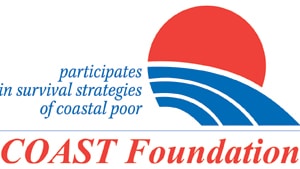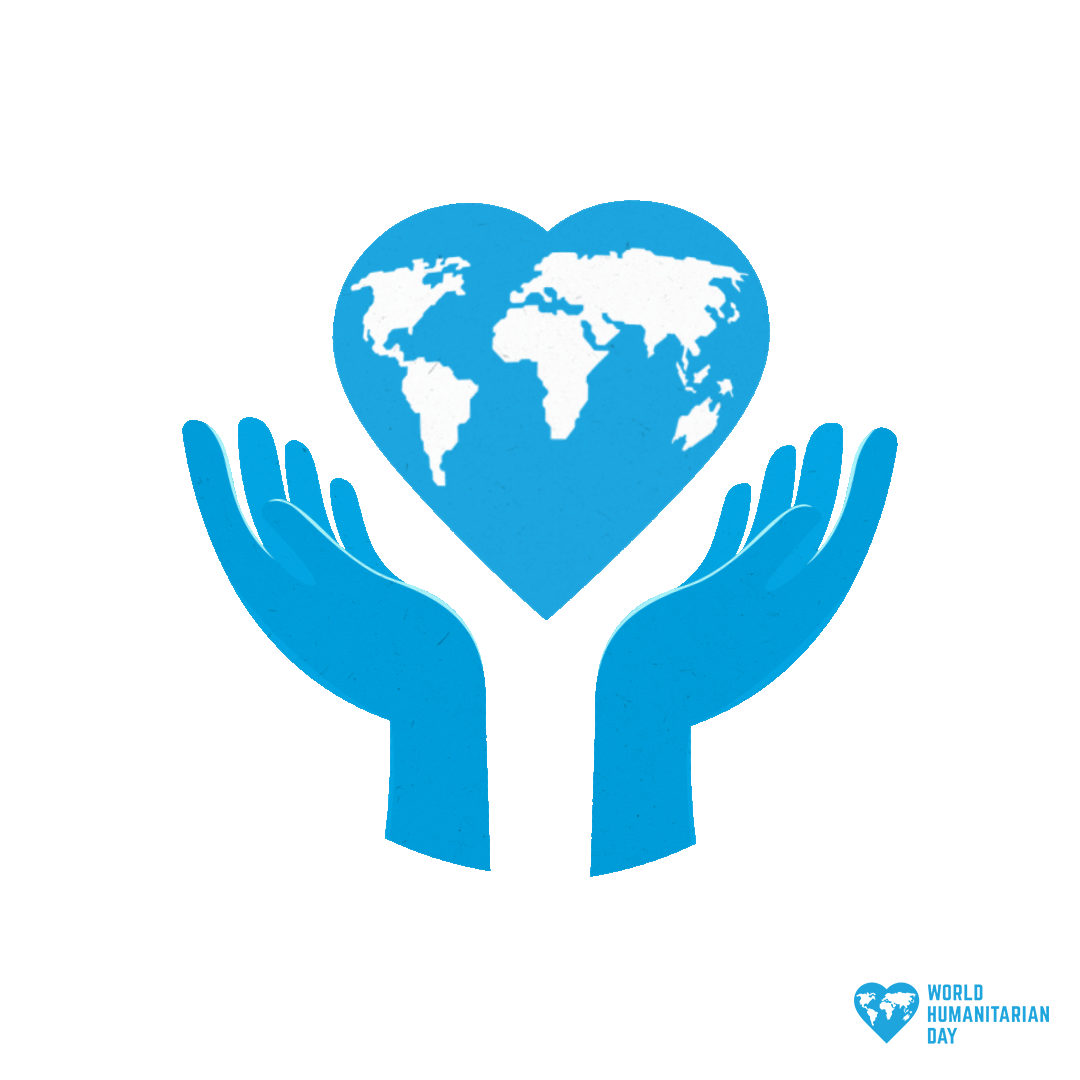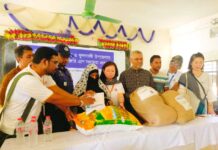Why the world observes World Humanitarian Day?
Twenty years ago, on August 19, 2003, a terrorist bomb attack in Baghdad, Iraq, claimed the lives of 22 humanitarian aid workers. This tragic event left the world in shock and raised a question: Why are those who dedicate themselves to aiding and rescuing others targeted for violence?
In a world grappling with diverse opinions, political divisions, beliefs, religions, castes, and cultures, it is essential to acknowledge that these differences should not fuel smear campaigns or ignite conflicts. Despite these challenges, humanitarian organizations stand resolute, ready to aid the 250 million people affected by crises. They are the lifeline to those in need, offering timely assistance, risking their lives, and providing vital health support to vulnerable populations. It is disheartening that aid and rescue workers often find themselves caught in the crossfire of conflicts, becoming victims rather than heroes. This contradiction sends a wrong message about their noble mission. In light of these sobering realities, the United Nations General Assembly, recognizing the critical role of humanitarian workers, designated August 19 as World Humanitarian Day (WHD). This day advocates for the survival, well-being, and dignity of crisis-affected individuals and emphasizes the safety and security of aid workers.
The Plight of Aid Workers in Crisis
According to the Humanitarian Outcomes report of 2021, a staggering 460 aid workers fell victim to major attacks, with 140 of them losing their lives. Tragically, 98% of those who perished were national staff and 2% of INGO (expatriate) staff. In 2021 alone, 266 reported attacks resulted in 203 aid workers sustaining serious injuries, and 117 were kidnapped. The perilous situation continues to escalate.
The Importance of Local Organizations and Their Workers
Local organizations and their workers often serve as the first responders in crises, delivering effective and timely aid. Their strong ties to the community enable them to respond in accordance with local needs and customs. Local aid workers, hailing from the affected areas, possess an intimate understanding of the language, culture, governance, and local administration. Their familiarity and trustworthiness grant them easy access to affected communities, especially vulnerable groups like women, children, and the elderly. Despite their indispensable contributions, the efforts of these local heroes often go unnoticed and inadequately recognized. Furthermore, even in partnerships, local organizations frequently lack proper insurance coverage or budgets for aid workers on emergency duty.
The Significance of Evolving Local Leadership
The rapid and unwavering response of local organizations underscores the significance of developing local leadership. During the COVID-19 pandemic, while international organizations transitioned to remote work, local aid workers remained on the ground, steadfastly supporting their communities. The cost-effectiveness of local organizations allows them to allocate additional resources to aiding more crisis-affected individuals. However, the progress towards supporting local organizations and fostering local leadership has been slow.
Are We Effectively Nurturing Local Leadership?
The importance of capacity-building for local organizations and leadership development has been acknowledged globally. In 2016, humanitarian leaders convened in Istanbul and forged the Grand Bargain agreement, which also pledged 25% direct funding or as direct as possible to local organizations. Despite this commitment, progress has been disappointingly minimal. The State of the Humanitarian System Report 2022 by ALNAP reveals that 47% of humanitarian funding from 2018 to 2022 was allocated to just three UN agencies, while direct funding to local organizations decreased. The Grand Bargain Report indicates that direct funding dwindled from 4% in 2020 to 2% in 2021, remaining almost unchanged in 2022. This discrepancy starkly contradicts the spirit of the Grand Bargain agreement made.
Recommendations for World Humanitarian Day
1. Advocate for the survival, well-being, and dignity of all, regardless of affiliation, and condemn the targeting of aid workers.
2. Prioritize fair compensation, facilities, life insurance, and support for local staff in partnerships, taking into account local socio-economic conditions.
3. Establish a clear roadmap for providing 25% direct funding to local organizations, endorsed by donors.
4. Ensure the safety and security of all humanitarian aid workers 5. Promote the development of local organizations and the evolution of local leadership. Strengthen the capacities of local organizations and outline support mechanisms within partnership agreements
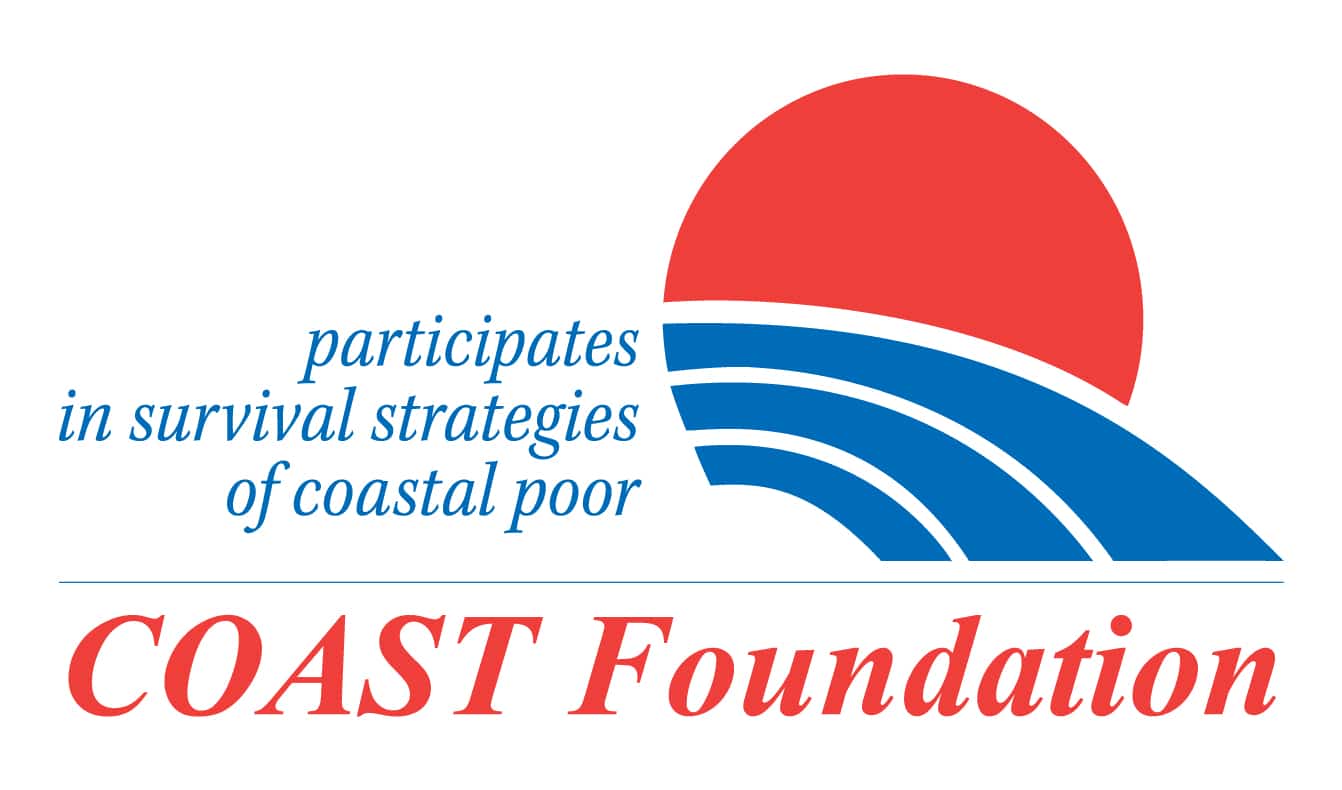 | 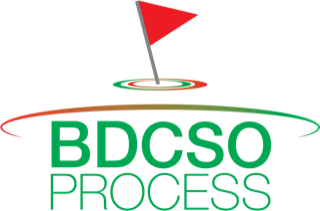 | 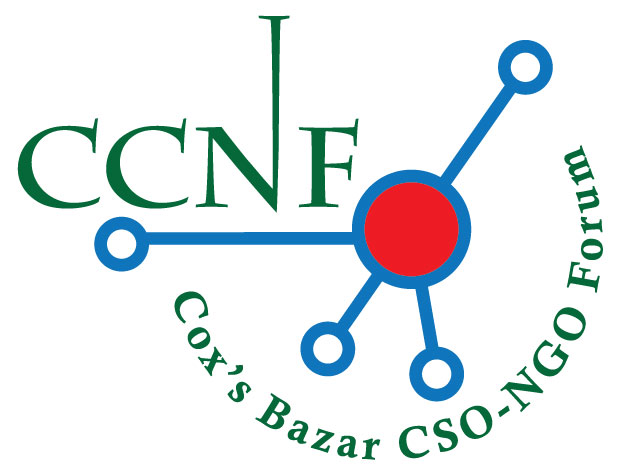 |
Secretariat:
COAST Foundation
House: 13, Road: 2, Shyamoli, Dhaka-1207.
Phone: 02-58150082, 58152821,
Email: info@coastbd.org, Web: www.coastbd.org


